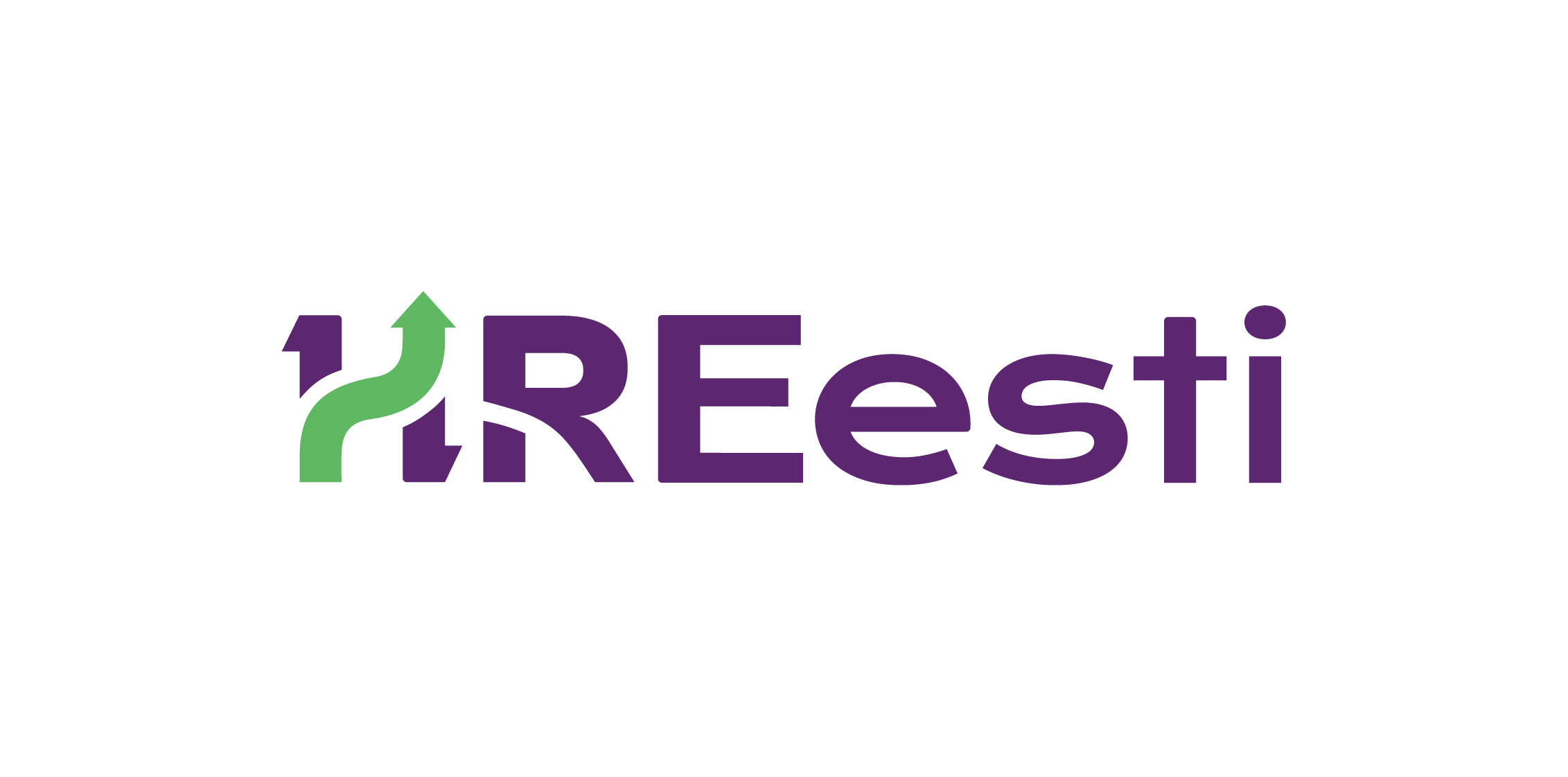
Human Resources as Business Risk Protection – Scandinavian Success Is a Result of Intentional Strategy, Not Luck
No company grows by itself. The best strategies, innovative solutions, and technological superiority do not guarantee success if the team implementing it is not motivated, committed, and properly managed.
Scandinavian companies have understood that people are not a cost, but an investment. Therefore, human resource management is not viewed as a support function but as a critical business area that impacts productivity, innovation, and market positioning. It is seen not as something to address only when problems arise, but as strategic business insurance that prevents issues before they even occur.
In Estonia, human resource management has so far remained a low priority in many companies. If a company needs accounting, it outsources it. If marketing is needed, an agency is hired. IT support is never left to chance. So why is HR management thought of as something that can be dealt with later?
The question is not whether HR management is needed, but whether it operates strategically or haphazardly.
Where company success begins?
The best technology, excellent product, and strong marketing are only part of the equation. The most important decisions for company growth are made at the people level.
- Are recruitment decisions systematic and supportive of company growth, or are they made hastily without analyzing long-term impact?
- Do new employees receive structured onboarding and the opportunity to contribute quickly, or are the first months wasted on unclear expectations and ad hoc mentoring?
- Are employees motivated and committed, or do they work just for the paycheck while looking around for new opportunities?
- Can the company leadership focus on strategy, or is a large part of their time spent solving personnel issues?
When to start conscious HR management?
A common misconception is that HR management is only necessary once the employee count exceeds 50 or 100. This is a dangerous mindset. If HR management is not implemented early on, random work processes and management styles develop, which later begin to hinder growth.
If a company has 10 employees, it is the right time to start building HR management systematically.
The company’s management culture, recruitment processes, and employee retention strategies must be in place before problems arise. If these develop organically without conscious guidance, later adjustments become much more difficult and costly.
Statistics confirm this:
- Employee turnover drops by up to 40% when HR management is systematic and conscious (Huselid, 1995).
- A strong employer brand reduces recruitment costs by up to 50% and speeds up the hiring process (LinkedIn, 2020).
- A good onboarding program increases new employee retention by 69% (Glassdoor, 2021).
If HR management is seen as something that can be postponed, the company’s opportunity to achieve faster growth, stronger competitive position, and higher profitability is actually delayed.
When to hire an HR manager and when to outsource the service?
Flexibility is the key to success in Scandinavia. For companies with up to 100 employees, outsourced HR services are mostly used because they are cost-effective and allow access to top-level expertise exactly when needed.
When to choose outsourced HR management?
- If a company has 10–100 employees but needs professional HR support without hiring a full-time employee.
- If the company is growing rapidly or planning expansion but is not ready to invest in an internal HR department.
- If management wants to focus on business development rather than daily HR issues.
- If specialists are needed for recruitment, employer branding, or staff development, but hiring a full-time employee is not practical.
When to hire an HR manager?
- When the number of employees exceeds 100 and HR management becomes a strategic business function.
- If the company operates in an industry where talent retention is business-critical and requires daily focus.
- If the development of the employer brand and culture requires continuous and systematic attention.
In Scandinavia, HR management is viewed not as a cost but as an investment that returns higher productivity, better innovation, and a stronger market position to the company.
Scandinavia’s success is not accidental — it is a conscious choice.
Scandinavian companies do not view HR management as an internal expense but as a strategic service that can be outsourced according to the company’s needs and growth stage. Why keep a full-time HR manager on payroll when the same quality can be flexibly and efficiently outsourced?
Swedish and Danish companies have long understood that not all business functions need to be kept in-house. Just as financial management, IT support, and marketing are often outsourced, HR services have become a common solution there. This allows companies to access top-level expertise without having to build a large HR department or bear fixed costs.
Thanks to this model, Scandinavian companies can focus on their core activities without worrying about personnel issues or ad hoc hiring. The result is lower labor costs, faster adaptation to market changes, and greater competitive advantage.
Outsourcing HR management is not just a cost-saving measure — it is a smart investment that ensures company flexibility and growth. In Scandinavia, it has become a natural part of business culture. Is the Estonian market ready to take this step?
Some companies wait and hope everything will fall into place on its own. More successful ones create their future themselves. Is your company making the right decisions regarding HR management?



